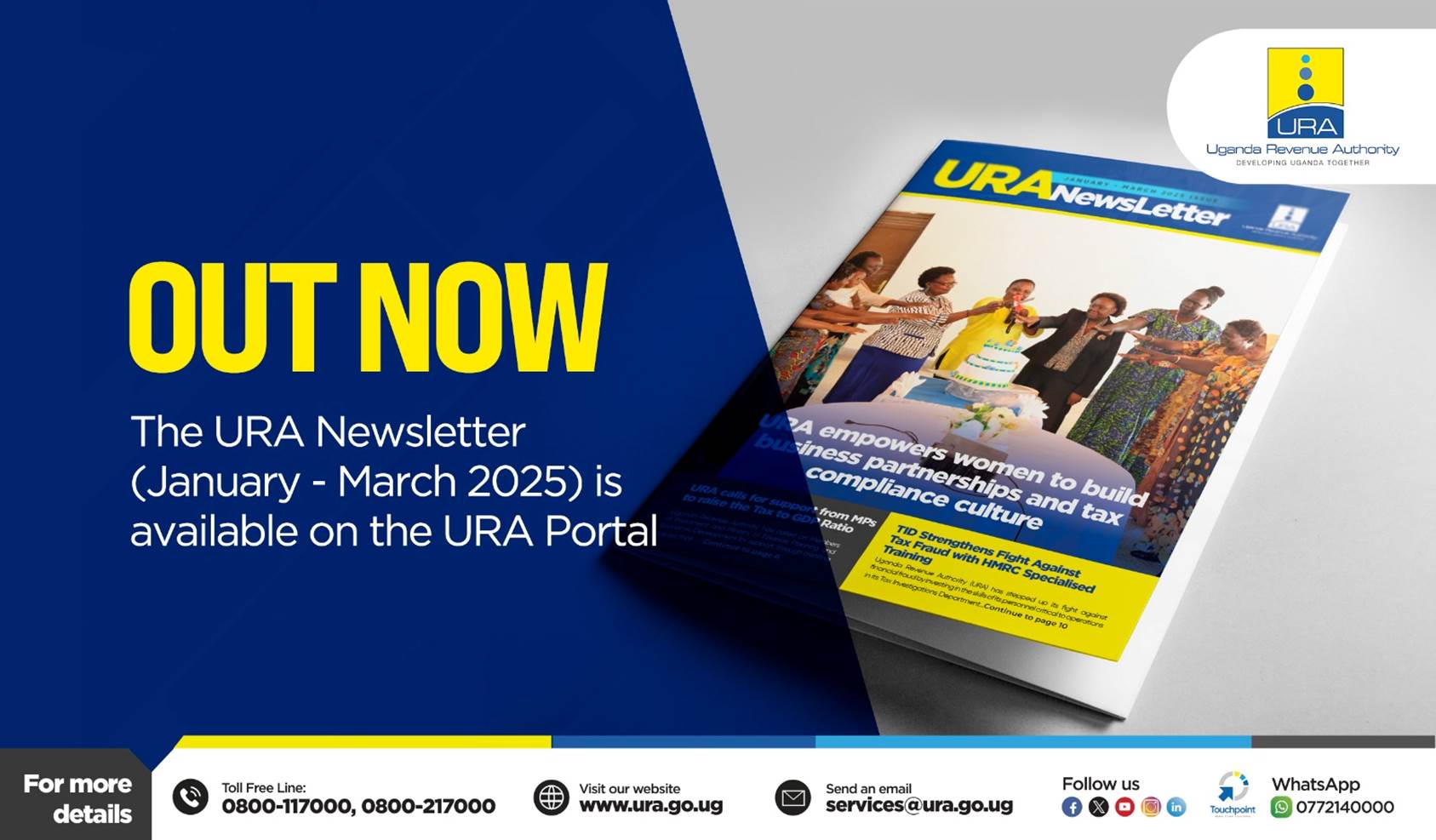What are Business Records?
A business record is documentation of the transactions that a business carries out in a given period. This documentation can be in a traditional form written down on paper or electronic or both. Records include but are not limited to accounting and other financial documents kept in an organized way. You are required to maintain adequate records if you are carrying on a business or engaged in a commercial activity. These Records must provide sufficient details to determine your tax obligations and entitlements.
What kind of records do you have to keep?
A business has to keep records relating to all its transactions. It is important to always have records that are dated so that you can understand which records relate to what period. Types of records one should keep include income statement (List of Receipts and Payments), balance sheet, payroll, import schedules, contracts, bank statements, appointment letters, bills (eg utility bills), stock records, asset registers and many other records and/or documents relevant to your business such as receipt books, invoices, debtors and creditors.
Some detailed illustrations of records you should keep
- Income Records: Keep track of the gross income your business earns. Gross income is your total income before you deduct the cost of goods sold and expenses. Your income records should show date, amount and source of income. Record the income whether you received cash, property, or services. Support all income entries with original documents namely: sales invoices, cash register tapes, receipts, fee statements contracts etc.
- Expense Records: Always get receipts or other vouchers when you buy something for your business. The receipts have to show the date of purchase, names and address of the seller/supplier and buyer, full description of goods or services. Make sure the seller describes the item on the receipt. If there is no description on the receipt, write what the item is on the receipt or in your expense journal
NB: Sometimes, however, suppliers may not provide receipts. In this case, write the information in your records. Show the name and address of the supplier, the date you made the payment, the amount you paid, and the details of the transaction.
How often can I keep records?
- You must keep an accurate record of every transaction whenever you make it. This eases the work and enhances accuracy and also avoids omissions that may occur as a result of forgetting certain items due to passage of time
- Keep a record of your daily income and expenses. URA does not issue record books or suggest any type of book or set of books you must keep. There are many record books and bookkeeping systems available for example, you can use a book that has columns and separate pages for income and expenses.
- Keep your records, along with your duplicate deposit slips, bank statements, and cancelled cheques. Keep separate records for each business you operate. If you want to keep computerized records, make sure they are clear and easy to read.
NB: If you do not keep the necessary information and you do not have any other proof, URA may have to determine your income using other methods. We may also reduce the expenses you deducted.
Why is it important to keep records?
- Keeping good records will remind you of expenses you can deduct when it is time to do your income tax return
- When you earn income from many places, good records help you to identify the source of income. Unless proper records are kept, you may not be able to prove that some income is not from your business, or that it is not taxable.
- Good records will keep you better informed about the past and present
- Good records can help you budget for your business and assist to get help from banks and other lenders.
- Good records can prevent problems you may run into if URA audits your income tax returns. Goods records enable a taxpayer’s tax liability under the law to be properly ascertained
Legal requirement
Part IV of the Tax Procedures Code Act imposes an obligation on a person carrying on a business to maintain accounts and records. Records including electronic records should be maintained in English. Records should be kept for five years after the end of the tax period to which they relate. If there are any court proceeding that require such a record it should be kept until the proceedings are completed.
A tax payer may request URA to keep the record in any other language and the Commissioner may grant the permission. Even though the permission is granted the tax payer shall file a tax return or provide any other correspondence to the Commissioner in English.
Failure to maintain proper records is punishable and a person who deliberately fails to maintain records required under the law for a tax period shall pay a penalty tax equal to double the amount of tax supposed to be paid in that period for which records relate










